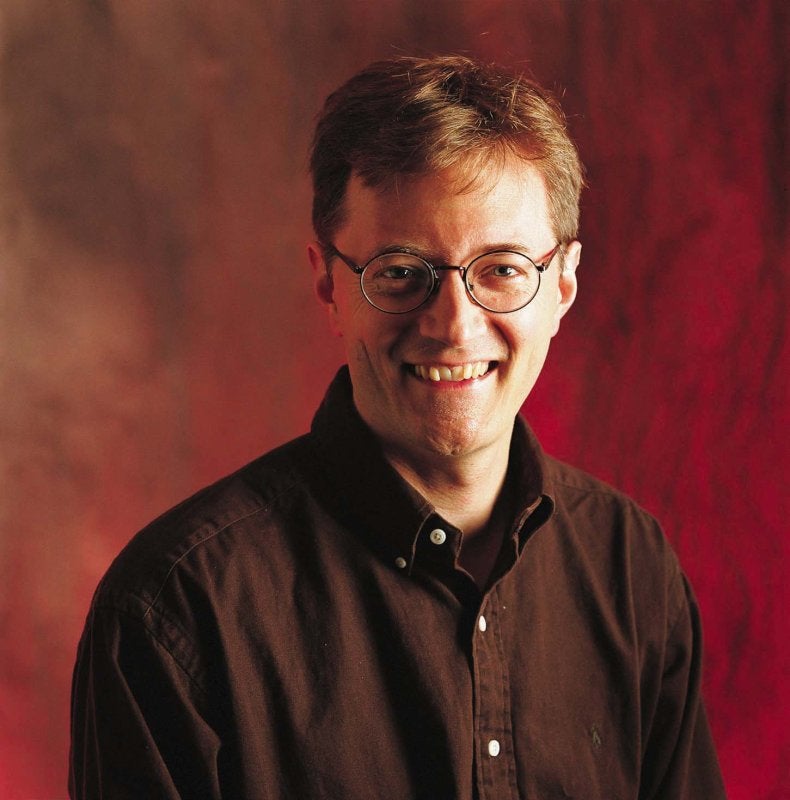
Michael Tiemann is a true open source software pioneer. He made his first major open source contribution more than three decades ago by writing the GNU C++ compiler, the first native-code C++ compiler and debugger. His early work led to the creation of leading open source technologies and the first open source business model.
In 1989, Tiemann's technical expertise and entrepreneurial spirit led him to co-found Cygnus Solutions, the first company to provide commercial support for open source software. During his ten years at Cygnus, Tiemann contributed in a number of roles from President to hacker, helping lead the company from fledgling start-up to an admired open source leader. When Cygnus was acquired by Red Hat in 2000, Tiemann became Red Hat's Chief Technical Officer (CTO) before becoming its first Vice President of Open Source Affairs. In that role Tiemann provides technology, strategy, and policy advice to executives in the public and private sectors.
Tiemann graduated from the Moore School at the University of Pennsylvania (Class of 1986) with a BS CSE degree, and later did research at INRIA (1988) and Stanford University (1988-1989).
Tiemann has served on a number of boards that have been instrumental in establishing Open Source as a leading development and commercial practice in the software industry. He joined the board of the Open Source Initiative in 2001 and served as its President from 2005-2012. Tiemann was also a founding board member of the Embedded Linux Consortium, the Eclipse Foundation, and an advisor to the GNOME Foundation. Tiemann provides financial support to organizations that further the goals of software and programmer freedom, including the Free Software Foundation and the Electronic Frontier Foundation.
He was also a Trustee of the University of North Carolina School of the Arts and a founding member of the Board of Advisors for the Center for Environmental Farming Systems (2006-present). Tiemann has also remained active in the Creative Commons community, as both a sponsor of projects and promoter of the cause.

Authored Comments
My article treated the subject about how to make science better, i.e., by recognizing where it has failed, and strengthen it with new methods based on open source tools.
Your response lacks any specific evidence for your viewpoint that climate change science is bunk, and goes on to wishfully believe that human-caused climate change is a good thing, without any sort of trade-off analysis (or reference thereto). If your last paragraph is correct--that humans do have the ability to cause global climate change, then you do seriously undercut your own argument that there is no global climate change and that there is no knowable linkage between human activity and such change. That does not seem very scientific to me.
Simon,
You have said a lot, and you have said it well. I hope that people who read this article will print for themselves a copy, just in case they need to show a copy of it to their elected representatives or their lawyers after losing their internet privileges for "crimes" they could not have even have imagined they've committed. It is definitely worth its weight in carbon.